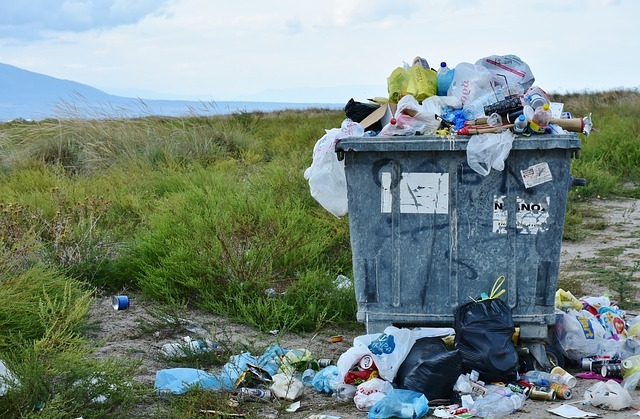More than 400 million tonnes of plastic are produced every year globally, according to data provided by the UN. Just half of this production is meant for single-use, with only around 10% being recycled.
With an estimated 19-23 million tonnes of plastic waste finding its way into lakes, rivers, and seas, plastic pollution has emerged as a major health and environmental issue. It can alter habitats and disrupt natural processes, reducing ecosystems’ ability to adapt to climate change. Moreover, plastic pollution directly impacts livelihoods, food production capabilities, and social well-being of millions of people.
Support for phasing out plastic is however rising.
A recent survey conducted by the Greenpeace International shows that 8 out of 10 people globally support reducing plastic production.
The survey, which drew responses from over 19,000 participants across 19 countries, has shed light on public support for the Global Plastics Treaty that seeks to reduce plastic production, eliminate single-use plastics, and promote reuse-based solutions.
The highlights of the survey are:
80% of the participants support protecting biodiversity and climate by reducing plastics production.
90% of the respondents support transitioning from single-use plastic packaging to reusable and refillable alternatives, with 75% in favour of banning single-use plastics altogether.
80% of participants are concerned about the health impact of plastic, with 84% of parents worried about the impact of plastics on the health of their children.
Support for reduction in the use of plastics is consistent across all the countries surveyed, with particularly strong backing in the Global South nations, where plastic pollution levels are higher.
The Global Plastics Treaty proposes reduction in total plastic production by at least 75% by 2040 to protect biodiversity and ensure that global temperatures stay below 1.5° C.
More than half of all the plastic ever produced has been made since 2000 and, if the industry has its way, production could double within the next 10-15 years and triple by 2050, Greenpeace International said.
In March 2022, the UN Environment Assembly adopted a historic resolution to draft a global plastics treaty with an aim to reduce plastic pollution, including ocean pollution and microplastics, across the entire plastic life-cycle.
In 2023, the United Nations observed the first-ever Zero Waste Day with the objective of promoting sustainable consumption and production patterns, supporting the societal shift towards circularity, and raising awareness about the contribution of zero-waste initiatives to the advancement of the 2030 agenda for Sustainable Development.














